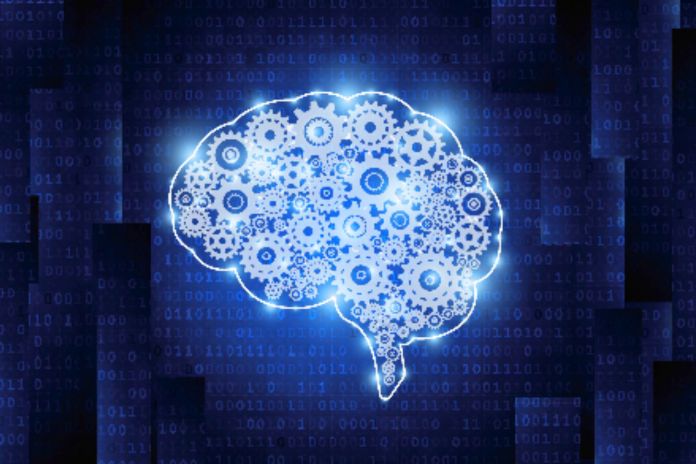The application of Artificial Intelligence in medicine is increasing, as it offers numerous facilities for the remote monitoring of patients, thanks to image diagnosis, among other utilities.
In fact, according to a 2016 report by CB Insights, 86% of care organizations use artificial intelligence (AI). Likewise, it is expected that by 2025 AI systems will be in place to answer specific patient questions and facilitate population health management through digital avatars. A use currently restricted to the academic environment but expected to give a lot to talk about combined with the application of augmented reality.
Artificial Intelligence In Medicine
This type of technology is increasingly the order of the day. Thanks to AI, it is possible for machines to evaluate and analyze data to perform tasks in the same way as human beings. For this, techniques such as machine learning or deep learning are used. This way, new knowledge is incorporated and processed based on the algorithms.
This technology has particular relevance in medicine because it allows the processing and analysis of medical data to improve health management. In addition, it facilitates diagnosis and can even improve patients’ health problems. This is possible thanks to AI’s ability to detect specific health patterns, which would be very useful to speed up the solution of some medical issues.
With AI, the industry paradigm is becoming disruptive from different perspectives. A clear example is the processing of medical data. Due to its high processing capacity, it is possible to perform medical diagnoses with greater precision and detect pathologies with small margins of error.
Advantages Of Artificial Intelligence Applied To Health
AI has already proven its usefulness in the scientific and medical community because it has advantages and benefits such as the following:
- Improves the quality of life of dependent and older adults;
- Offers an accurate and fast diagnosis;
- Simplifies research times for the development of new drugs and certain diseases;
- Improves control and monitoring of chronic patients through electronic and wearable devices;
- It eases the workload of medical professionals.
With all this, it is clear that artificial intelligence in healthcare is here to stay. Predictions for the future point to a more significant presence of robotic assistance in medical areas such as surgery.
Although today the human factor is still essential, the future of medicine depends on the indisputable application of technology in its processes.
Six Real Applications Of Artificial Intelligence In Medicine
AI can be applied in virtually all areas of medicine, as it is a tool to support healthcare professionals that complements and enhances their work. To illustrate the mentioned advantages already present in this field, there are some examples of applications that AI has in medicine.
1. Medical And Imaging Analysis
One of the essential benefits of AI is the speed at which it can process large amounts of data. This is especially relevant when looking at different medical tests (MRIs, genetic studies, etc.). In fact, due to the increase in electronic records (due to the collection of information done with sensors and wearable devices), a more significant amount of data is available that, thanks to AI, can be processed and analyzed.
2. Medical Diagnoses
This is another one of the most exciting applications, as the data can be analyzed to make accurate and early diagnoses. Its usefulness is indisputable, especially for diseases that develop very quickly, such as degenerative pathologies or certain types of cancer. By identifying them early, treatment can start earlier and stop the progression.
A clear example of the effectiveness in this sense is the application of AI in cases of breast cancer. Artificial intelligence has allowed early detection systems to be developed, enabling effective mammograms in the early stages of the disease and increasing the radiologist’s accuracy.
3. Pharmacological Treatments
In the field of pharmacology, AI also offers numerous advantages. It facilitates the work of researchers when analyzing genetic sequences to find vaccines or suitable solutions for different technologies. Indirectly, it can be said that millions of lives have been saved through this application of technology.
4. Genetics
This is one of the fields that, in the future, will benefit most from the application of AI. Currently, some tools demonstrate this, such as the mobile application that, through a facial recognition system, allows the detection of rare diseases and genetic diseases. A single photograph is enough for this technology to process a database of up to 8,000 different conditions.
5. Pregnancy
The application of AI during pregnancy allows the vision of the fetus to be much more significant. This makes it possible, together with a detailed data analysis, to conveniently obtain large amounts of information about the pregnancy status in real time. This application allows you to enjoy safer pregnancies and dispense with invasive procedures to identify malformations.
6. Prosthesis
Intelligent prostheses learn from those who use them, so they adapt better to their needs and movements. They are mechanical appendages that not only replace a member of the body but also memorize the person’s movement patterns and can be controlled through an app.
Also Read: Conversational AI: What Are The Benefits

